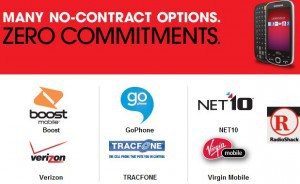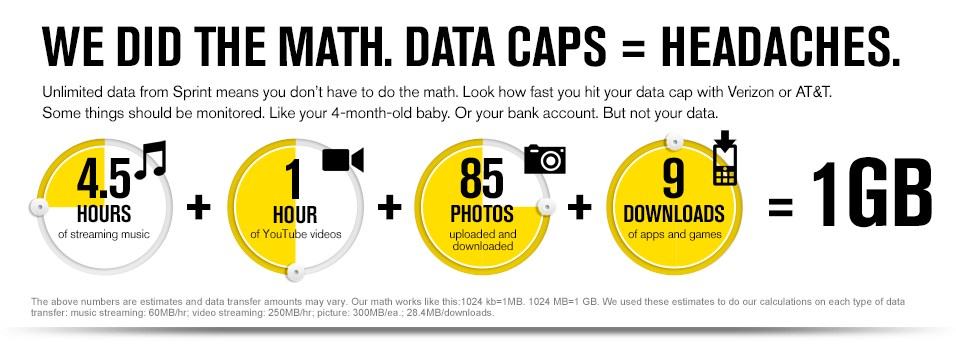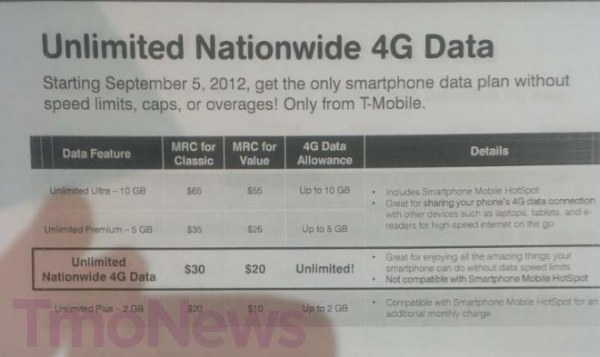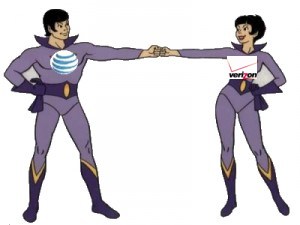For customers uncomfortable being seen anywhere near a Cricket store, Radio Shack’s No-Contract Wireless may be just what you were waiting for.
The electronics chain today unveils two Cricket-powered mobile phones as part of their new “no-contract” prepaid wireless offering.
- The Huawei Mercury Ice is exclusive to RadioShack for the next 30 days and appears to be a slight makeover of the original Huawei Mercury… in white. For $149.99, the Android 2.3 phone is powered by a 1.4 GHz processor, a scratch-resistant 4-inch FWVGA screen and 8MP camera. With Muve Music® included in the $50 a month unlimited data plan, the phone delivers unlimited song downloads, ringtones and ringback tones.
- The $39.99 Huawei Pillar feature phone works with plans that start at $25 a month, includes a QWERTY keyboard, camera, and rudimentary mobile Web access.
Cricket’s own cell coverage is more limited than most carriers, and an extensive roaming agreement with Sprint covers the rest of the country where Sprint provides service. If Sprint does not cut it in your area, Cricket will not either. Cricket emphasizes its home coverage in urban and near-suburban areas and across major highways. Their rural coverage is extremely lacking.
Once you reach the specific data limit, Cricket throttles your connection speed to something comparable to dial-up.
| Plan Details1 | $25/mo. Feature | $35/mo.Feature | $50/mo.Smartphone | $60/mo.Smartphone |
| Voice Minutes/Mo. | 300 | 1,000 | Unlimited | Unlimited |
| Unlimited Text | * | * | * | * |
| Additional Calling Features2 | * | * | * | * |
| Unlimited Multimedia Text | * | * | * | * |
| Unlimited Music with Muve Music | * | * | ||
| Unlimited Web/Data | * | * | * (1GB) | * (2.5GB) |
| Tethering | N/A | N/A | N/A | * |
| 1 All monthly service plans include Voicemail and Caller ID. (*-feature included) |
| 2 Additional Calling Features include: Call Waiting and 3-way calling. |
Unfortunately, Radio Shack does not bring anything new to the deal except additional retail stores where customers can buy phones and activate the service. Cricket customers can choose these plans and a wider array of phones directly from Cricket, its website or one of its authorized dealers or resellers. But if your nearest Cricket store is in a sketchy neighborhood or you don’t want your friends to catch you walking out of one, Radio Shack offers a potentially safer alternative (although nobody under 40 probably shops at Radio Shack either).
That being said, Cricket offers respectable service when you live and travel in areas where it provides service. In suburban Rochester, N.Y., your author’s personal experience is that voice coverage is comparable to that offered by Sprint. Their 3G network performs better than Sprint, but falls far behind AT&T, T-Mobile, and Verizon Wireless. Data roaming over Sprint’s 3G network is painfully slow in this area.
Cricket is planning on upgrading to 4G LTE service in additional cities next year. Currently, its coverage map only shows LTE service in Tucson, Ariz.


 Subscribe
Subscribe







